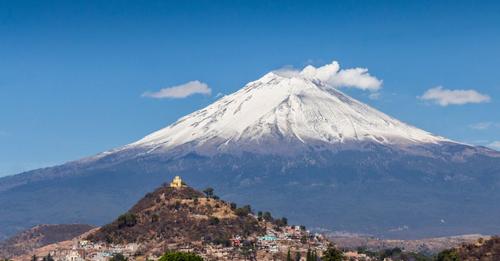17-Year-Old Found Planet 6.9 Times so Long Than Earth on the 3rd Day of NASA Internship
In an extraordinary event, Wolf Cukier, a 17-year-old high school student from Scarsdale, New York, discovered a new exoplanet while interning at NASA. On just his third day with the agency, Cukier identified a planet 6.9 times the size of Earth, a discovery that stunned both his mentors and the broader scientific community. This groundbreaking discovery illustrates not only the wonders of space exploration but also the incredible potential of young minds given the right opportunities.
Cukier was selected as a summer intern at NASA’s Goddard Space Flight Center in 2019. Tasked with examining data from the Transiting Exoplanet Survey Satellite (TESS), a spacecraft designed to search for exoplanets, he worked under the guidance of some of NASA’s top scientists. One of his main responsibilities involved analyzing star systems and identifying potential eclipses. While reviewing data on a system called TOI 1338, Cukier observed something unexpected: a signal that didn’t resemble a typical star eclipse.
After closer analysis, scientists confirmed that Cukier had spotted a planet passing in front of its host stars. Named TOI 1338 b, this newfound world orbits two stars in what’s called a circumbinary orbit, much like the fictional world of Tatooine from Star Wars. Unlike Tatooine, however, TOI 1338 b is nearly seven times larger than Earth and is located about 1,300 light-years away in the constellation Pictor. The discovery marked a historic moment, as TOI 1338 b became the first circumbinary planet discovered by TESS, and it underscored the vast capabilities of both the satellite and its young human observers.
For NASA, Cukier’s discovery highlights the promise of collaborative research that includes young interns, who often bring fresh perspectives to complex tasks. “I knew what I was looking for, but not quite on this scale,” Cukier said in interviews, humbly attributing much of his success to the guidance he received from experienced scientists at Goddard.
TOI 1338 b is now classified as a giant exoplanet, with an orbit that regularly shifts due to the gravitational pull of its two stars. Its size and distance make it unlikely to support life, but its existence offers critical insights into how planetary systems evolve around binary stars, expanding our understanding of potential habitable zones in other parts of the universe.
Cukier’s discovery is also inspiring young students worldwide, showing them that significant contributions to science can come from anyone, regardless of age. While he plans to pursue his passion for science, Cukier’s achievement is a testament to the transformative potential of internships, mentorship, and programs that bridge academic knowledge with hands-on experience.

